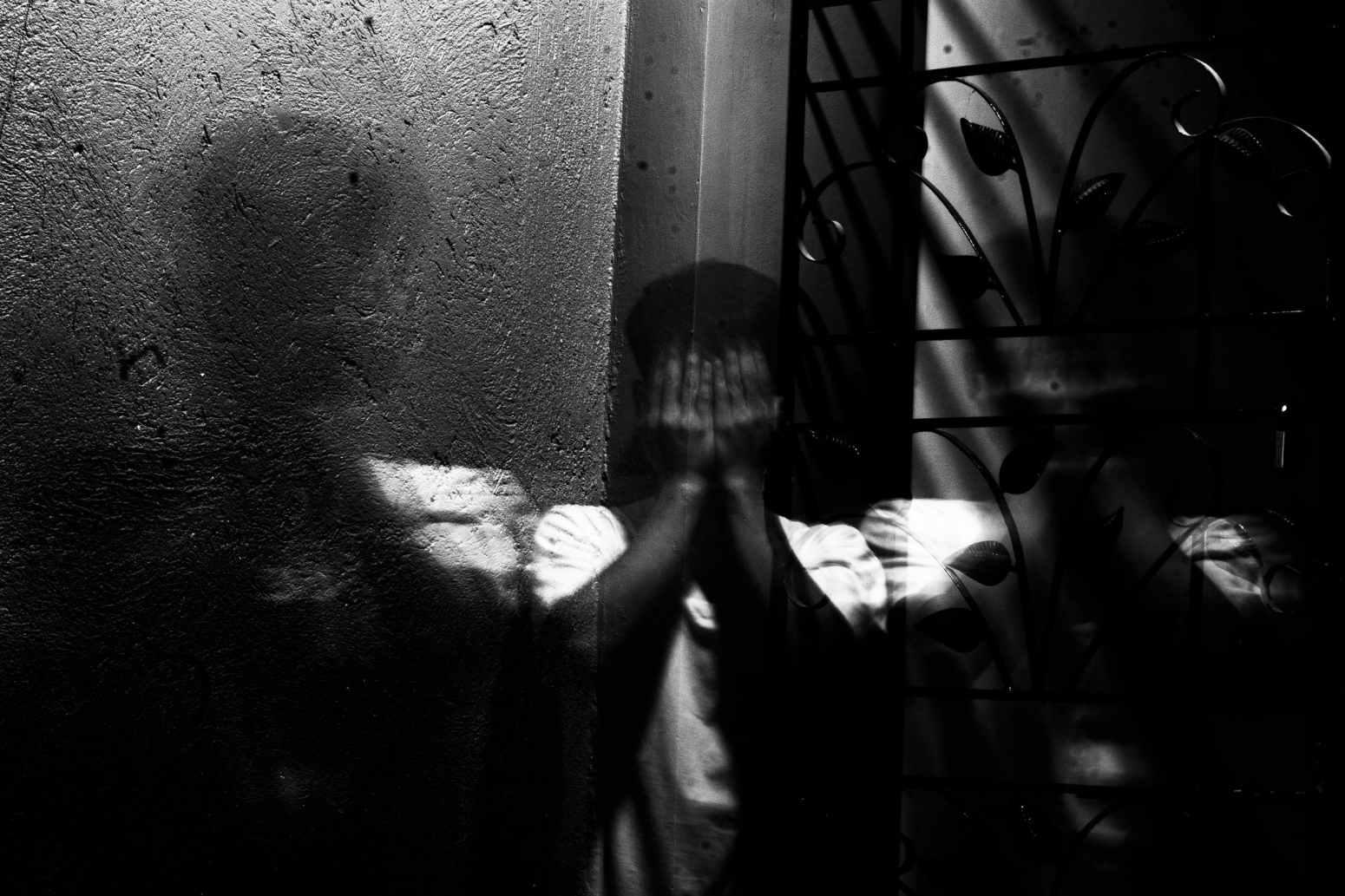Africa-Press – Malawi. In July last year, the Ministry of Health expressed concern over the rising cases of suicide whose figures were at 135 at that time for the year, according to the police. The police further said in 2021, at least 318 people committed suicide.
Minister of Health Khumbize Kandodo Chiponda suggested then the introduction of “conducive community-based policies” aimed at reducing excessive alcohol use and teaching coping and problem-solving skills, safe reporting and messaging about suicide.
And national police deputy spokesperson Harry Namwaza said the police were equally concerned with the rising cases of mental health issues. As a matter of fact, the Ministry of Health is actually failing to implement its own National Mental Health Policy of 2020.
The ministry formulated to guide decentralisation, integration, migration, formulation of community-based programmes and provision of quality care and development of necessary human resources. The policy gives several government ministries, departments and agencies roles to play in conjunction with the Ministry of Health.
In the policy, government admits that the development of mental health services has not been able to keep pace with the growth of the population and national development in other aspects of health care.
Further, it says, mental health services are mainly urban and they are neither decentralised nor integrated into the national Primary Health Care delivery system.
“This is in spite of the fact that the majority of the population live in the rural areas,” the policy reads.
It says the quality of care in the mental health sector is generally below the acceptable standards and that the resources in mental health institutions are inadequate. The policy has outlined roles to be played by several roles.
These MDAs include ministries of Education, Information, Youth and Sports, Homeland security, Local Government. For example, among others, the Ministry of Education is supposed to train all teachers in the basic knowledge of detecting mental health problems and identifying child abuse.
The Ministry of Local Government is among others supposed to support the activities of mental health volunteers while the Ministry of Homeland Security promotes mental health among prisoners and encourages a healthy lifestyle.
However, some of those departments say they are not aware of the policy. Ministry of Local Government spokesperson Anjoya Mwanza said her ministry is not aware of the policy.
Ministry of Education spokesperson Mphatso Nkuonera said his ministry is also not aware of the policy. Ministry of Lands spokesperson Enoch Chingoni said he was still consulting whether his ministry has done anything on the policy or was aware of it at all.
We asked the Ministry of Health on how it is implementing the policy. Its spokesperson Adrian Chikumbe said there is an improvement in the finances towards mental health activities. He also said the ministry is making efforts in implementing the mental health policy.
These include integrating mental health services in chronic care conditions such as diabetes, hypertension and in HIV care, maternal care in collaboration with the reproductive health department among others.
“The Quick Guide provides guidelines for mental health care in primary and secondary care levels and was distributed to almost 600 facilities,” Chikumbe said.
He also said there is decentralisation of mental health care services to the district hospitals by staffing the districts with mental health professionals.
But Chikumbe admitted that there was a low implementation of the policy. He said there is a pervasive misconception about mental health in general which generates fear, misunderstanding and stigmatisation.
He added that there are no designated units for care and management of inpatients in most hospitals. Further he said there are very few mental health professionals available in the country to provide quality and comprehensive mental health services.
“There is an irregular supply of psychotropic drugs. There is inadequate financial support –mental health does not attract many partners for support,” Chikumbe said.
In its report titled ‘Human Rights Based Monitoring of Mental Health Situation in Malawi’, Malawi Human Rights Commission calls on the government to invest adequately in mental health services in the country.
MHRC says delivery of mental health services in the country remains low as compared to the demand for the services. “This service provision gap denies a lot of people from accessing the required mental health service,” reads the report.
Executive Director for Malawi Health Equity Network George Jobe said although the policy exists, mental health is not getting the attention it deserves. Jobe cited lack of psychosocial services for people who fail in various realms of life. “We need a committed budget line every year,” Jobe said.
For More News And Analysis About Malawi Follow Africa-Press






